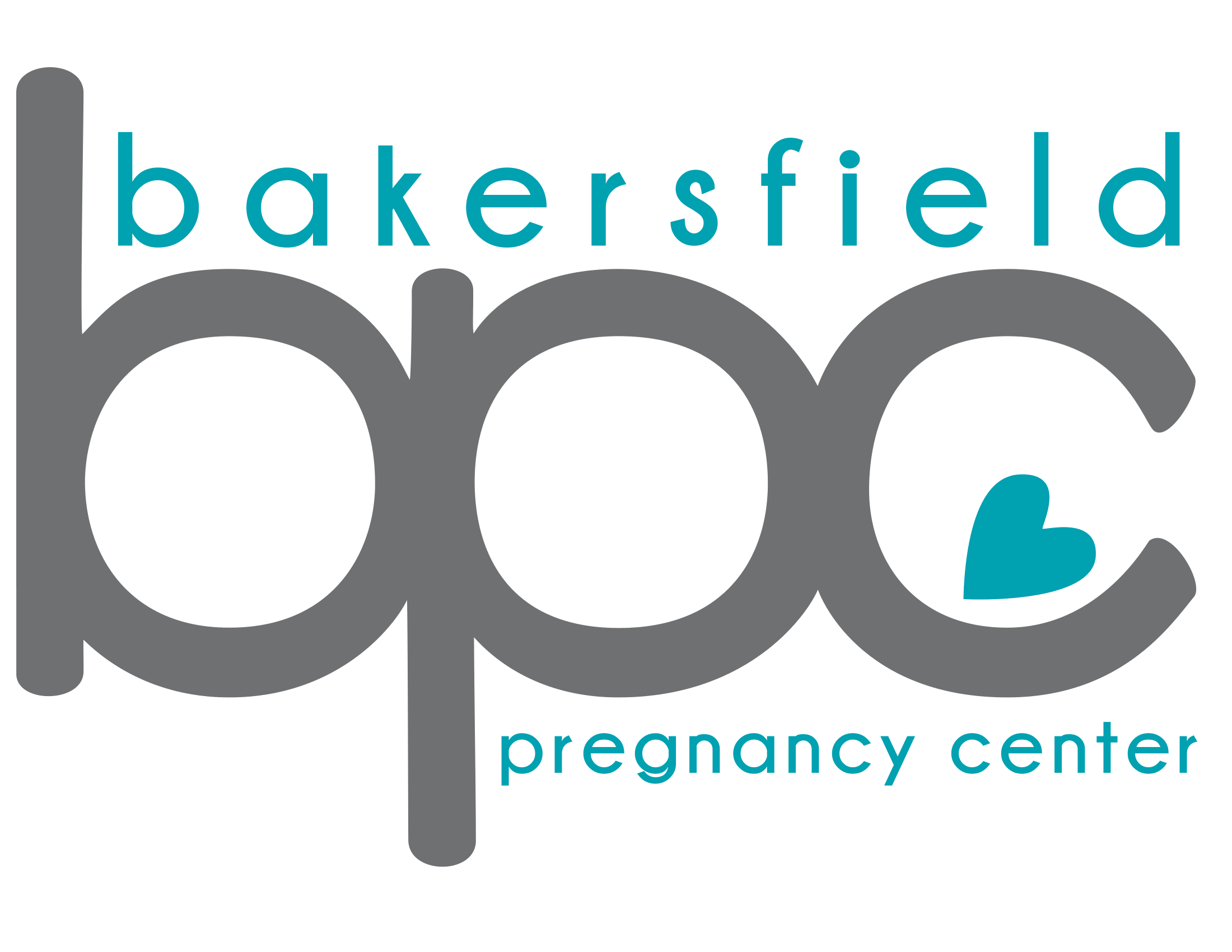Part 1: Be Informed about Emotional Consequences of Abortion
If you’re considering abortion, welcome! This blog post is for you, and we at the BPC are here for you. Learning that you are pregnant is life changing, whether it’s your first or sixth time being pregnant. Now that you’re pregnant, you have three options: adoption, parenting, and abortion. This series of blog posts is designed to highlight some parts of the abortion decision that are frequently overlooked.
Getting an abortion is a life changing choice, and it is important to know your rights regarding this option. A key right that you have is called informed consent. Informed consent is a legal and ethical term meaning you have enough information to make a decision independent of outside pressures. You will have to live with whatever decision you make, and you deserve to have as much information as possible before making any big choice.
Long Term Emotional Impact
When seeking an abortion, the risks to your physical body are listed on the consent forms you sign. However, emotional risks are often overlooked. Understanding the psychosocial and emotional impacts of abortion is key to making an informed choice. Even though abortion may bring temporary relief, “there is evidence that abortion is associated with a decrease in long-term emotional and physical health” (CareNet, 2018, p. 22).
The best available research indicates that abortion significantly increases the risk for clinical depression and anxiety, drug and alcohol abuse, symptoms consistent with post-traumatic stress disorder (PTSD), and suicidal thoughts and behavior.
Relational problems with the father of your baby could add to the emotional side effects after an abortion. Even if you and your partner think choosing an abortion will preserve your relationship, research indicates that couples who choose abortion are at increased risk of relational problems. We’ve listed those research studies at the end of this post for your convenience.
Abortion is more likely to be associated with negative psychological outcomes than if you miscarry or carry your pregnancy to term. Know these risks and take them into consideration so you can make a fully informed decision.
What if I’m Emotionally Struggling from a Past Abortion?
You may be asking: “What if I’m already struggling from a past abortion?” We are here for you! Call us and tell us you’re interested in the Embraced program. This program is led by women who have experienced the pain of abortion and want to lead you on the road to healing. Get more information here.
If you are currently experiencing thoughts of self harm or suicide, call the national suicide hotline at 800-273-8255.

